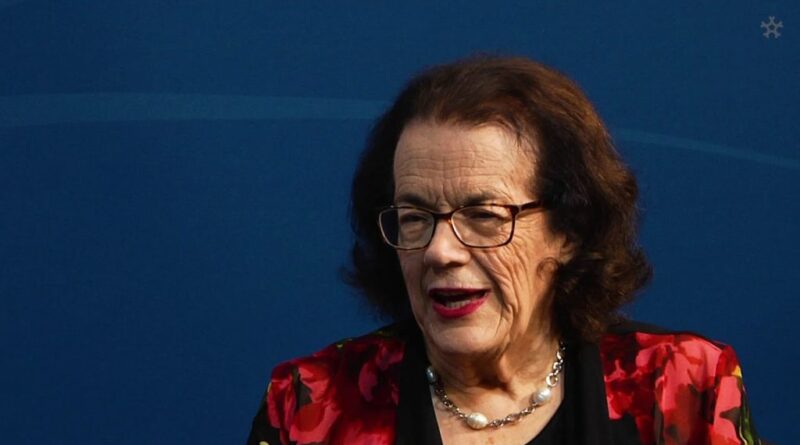Australia’s vaccines boosted with provisional approval for Moderna

The Moderna vaccine has been provisionally approved by the Therapeutic Goods Administration for use in Australia, with one million doses due in the second half of September, which will go to pharmacies.
Three million doses are then scheduled to arrive in each of October, November, and December, with 15 million booster doses in the first half of next year.
Health Minister Greg Hunt said Moderna, an mRNA vaccine, was expected to be available for eligible people from next month, after final advice from the Australian Technical Advisory Group on Immunisation (ATAGI). Moderna has been approved for people 18 and over.
The TGA is also considering Moderna for children, with the head of the TGA Dr John Skerritt saying a decision on its suitability for those 12 and over is expected within the next three to four weeks.
Skerritt said very recently Europe had recommended Moderna’s use for children over 12.
“We made the decision in conjunction with the company to do the adults first because that enabled us to reach a decision earlier, which can then start the whole process of access to the vaccine in Australia earlier. The data on the teenagers does look good,” he said.
Skerritt said even after six months, Moderna was 93% effective against infection, 98% against severe disease and 100% against death. Two doses are required, 28 days apart.
The Moderna announcement came as NSW recorded 283 new locally acquired cases.
Skerritt also said the TGA was working with industry on the wider availability of rapid antigen tests.
“These tests are not the gold standard PCR tests,” he said, but they were a useful adjunct. “Clearly there are a range of things that have to be resolved, such as collection and recording of data.”
The Australian Industry Group’s CEO, Innes Willox, said it was urgent that rapid testing be fully approved as soon as possible.
“Results are very close to lab based tests, almost instantaneous and from the employer’s perspective that means they can be used in some high risk operations at the beginning of a shift or in operations every week or so,” Willox said.
Willox also called on the government “to extend the same indemnity to employers who vaccinate their willing workers at the workplace as is enjoyed by doctors, pharmacists and pharmaceutical companies.
“A medical practitioner who comes to a workplace to give the vaccine would have an indemnity. The employer does not have that same indemnity but should be given it to cover any unexpected circumstances.”
He stressed indemnity had nothing to do with mandating vaccinations.
Morrison, who took another knock in the latest Newspoll in his personal ratings and for his handling of COVID, said the Delta variant has changed everything. “It’s changed all of the rules and it means we’ve had to change with it to keep Australians safe. And, that means, right now, we are going through one of the toughest parts of this COVID pandemic,” he said.
“I know Australians are frustrated. I know they’re sick of it. I know they’re angry. And I know they want it to stop and for life to get back to where they knew it. But, what we have to do now is recognise the reality of the challenge we have in front of us. None of us likes it.”

